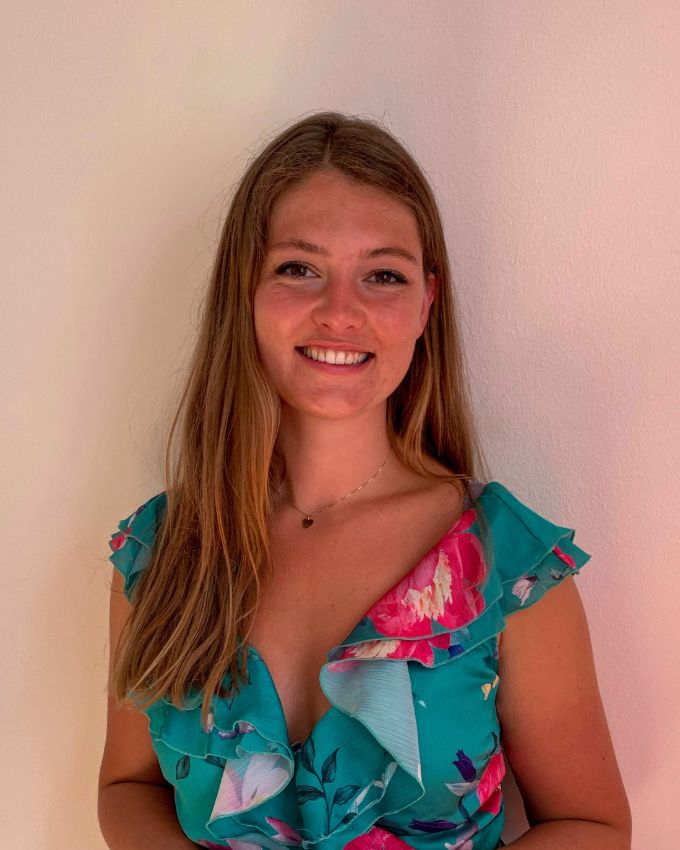Sparbanksstiftelsen Färs och Frosta Master's Prize
In connection with LTH's graduation ceremony, the Sparbanksstiftelsen Färs and Frosta awards two Master's prizes of SEK 25,000 each for particularly outstanding degree projects in the field of sustainable development. One of the two prizes was awarded to Livia Westerhout, Master's Programme in Food Technology and Nutrition, for her thesis: Developing a clean label, protein-rich, plant-based yoghurt alternative based on cereals and pseudocereals.
– Published 5 July 2022

Your Master's thesis is about a plant-based yoghurt alternative. How did you become interested in this particular topic?
Plant-based alternatives to dairy and meat gained my interest a quite while ago. I have been eating a vegetarian diet since 2015 and I eat very little animal-based products. My main driver to live this way is to minimize my environmental footprint. I consume plant-based alternatives on a weekly basis.
In my opinion, there are many great options on the market if you look at milk or meat replacements, especially in Sweden! However, for the yoghurt alternatives, I have yet to find a product that gives the same fresh, tangy mouthfeel and flavor as normal, dairy yoghurt. In addition to that, plant-based alternatives to yoghurt often have many additives, such as thickeners and stabilizers in order to resemble normal yoghurt, and have a relatively low nutritional value regarding protein content. When I was looking for a company to collaborate with for my master thesis, I found Brannatura, a Danish start-up that is focusing on developing plant-based products with a high nutritional value and a clean label, meaning no additives such as thickeners. This aligned perfectly with what I was looking for myself in the market and I knew it would be a great challenge that would teach me a lot. I got in contact with Sander Siewerts from Brannatura and we started our collaboration.
What challenges have you encountered during your time at LTH?
I believe the greatest challenge for me was the change from the education approach in the Netherlands to the Swedish one. In Sweden many projects are done in groupwork, whereas in the Netherlands it was often individual or in pairs. This required a change of mindset and way of working for me. I had to improve my teamwork skills, which has been really useful in all areas of my life. Another challenge was to work together with people from many different cultures. As LTH attracts different nationalities, it allowed me to change my approach to collaborate with people with various backgrounds. This has been extremly insightful. Especially now I work for an international company where I cooperate with people from all over the world.
What are your plans now that you have completed your thesis and have a Master’s Degree in Food Technology and Nutrition from LTH?
After graduating in July 2021, I joined Tetra Pak as part of a graduate programme in September, for which I moved to Italy. I now officially started my function as a Food Protection Support Associate on June first, focusing on food quality and safety. In this way I contribute to Tetra Paks vision to commit to making food safe and available, everywhere. Luckily, I come back to Sweden once in a while to visit the Tetra Pak HQ in Lund. I am enjoying my work a lot and learning more every day. I am looking forward to what is to come!
